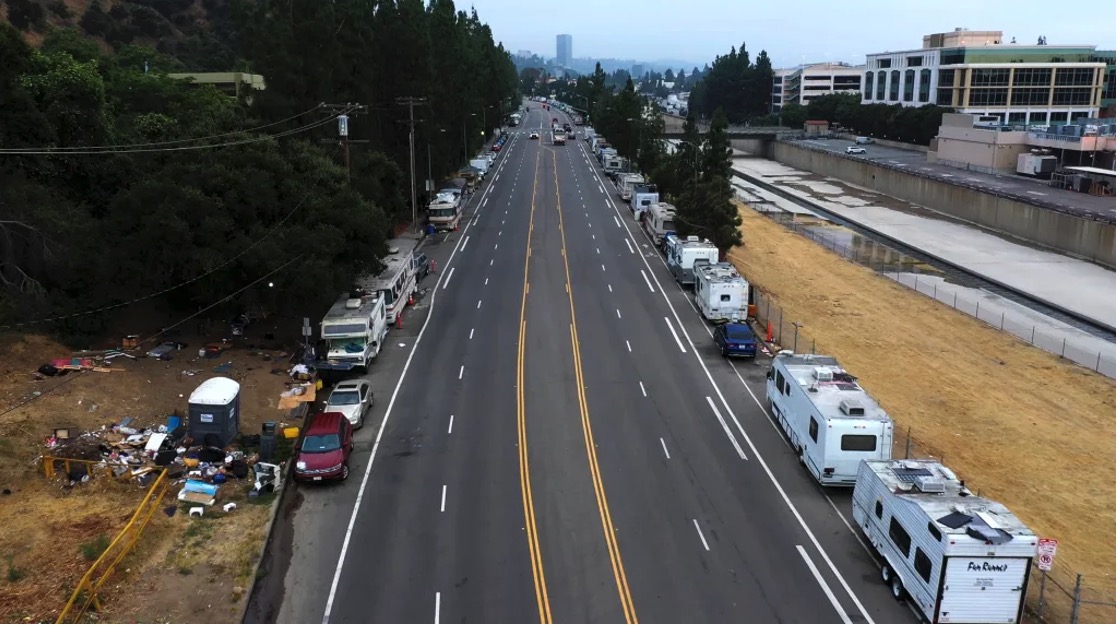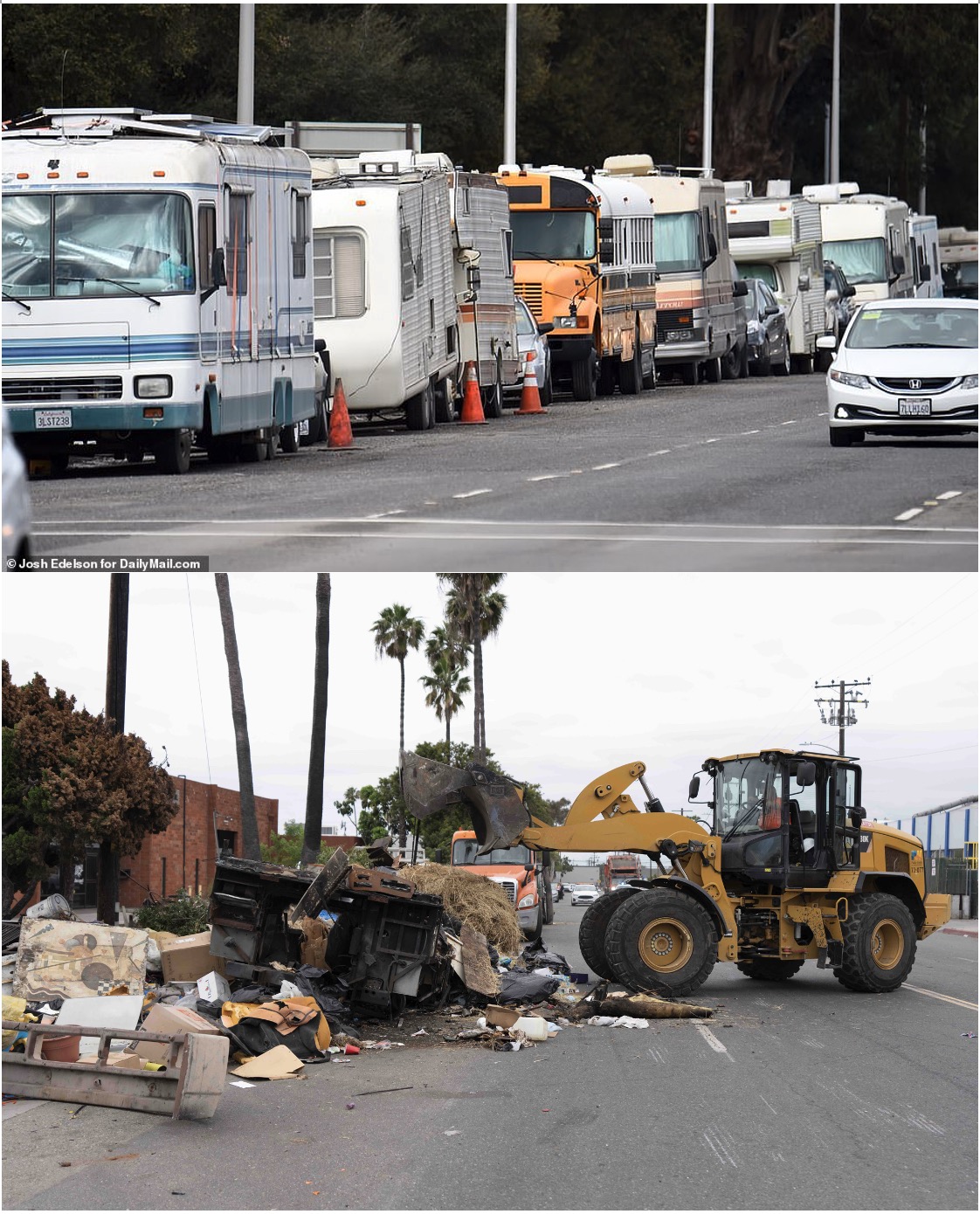Comments
iAUDIT! - Ulysses S. Grant is probably one of the most talented and underrated generals in military history. Armies under his command virtually destroyed one Confederate army, and swallowed two more whole, including the legendary Robert E. Lee’s Army of Northern Virgina. Despite his tactical and strategic skill, he is often given short shrift by historians because he didn’t have Lees’ reputation for genius, (which was in reality due as much to Union incompetence as Lee’s brilliance), and he rarely aggrandized himself in public. Like many Midwesterners of his time, he spoke and thought simply. When he assumed command of all Union Armies in 1864, a reporter asked him what his strategy would be. Expecting a florid exposition on the art of war, the reporter was no doubt disappointed when Grant said simply, “Strike him as hard as you can and as often as you can and keep moving on”. Behind that one-sentence reply was a keen understanding the Confederacy’s downfall depended on defeating its armies. Taking the Confederate capital in Richmond meant little, but forcing Lee and other Rebel generals to surrender guaranteed the South’s fall.
Grant’s genius wasn’t rooted in abstract theories from Shin Tzu or von Clausewitz; rather it was his ability to see the reality before him, stay focused on a goal, break complex problems into simpler elements, and then act on the information he had. He could make quick decisions, but also learned from his mistakes. He once said “We must decide. If I am wrong, we shall soon find it out and can do the other thing. But not to decide wastes both time and money and may ruin everything”. He knew the difference between complex problems and complicated ones.
According to the dictionary, complex means something that consists of several related parts. Complicated means something that is complex and difficult to analyze or quantify. Commanding an army of 120,000 men is complex, involving supply, transportation, training, tactics, and intelligence. However, it is not complicated; 120,000 men consume a known quantity of food and can move at a given pace using available transport. As long as you maintain a clear vision of your goal and coordinate your organization’s various elements towards that goal, you will probably be successful.
Complications arise when you allow extraneous or unnecessary factors to affect your vision. Grant could have been distracted by any number of events, including his own mistakes, but he stayed focused on pursuing Lee’s army. He used a very complex organization to achieve a simple goal.
L.A.’s homeless program managers could learn something from U.S. Grant. They share a nebulous goal of reducing homelessness, but nobody knows by how much. They support a vast array of often-overlapping programs they say are effective, but homelessness increases every year. Whenever someone challenges their sacred belief in Housing First, they raise any number of complications to defend it.

A great example of unnecessary complications is the City’s self-induced RV parking crisis, as described in this LA Times article. After “temporarily” allowing RV dwellers to stay in their vehicles during the pandemic, the city was faced with an unanticipated increase in RV’s parked semi-permanently all over town. Soon, advocacy groups convinced city leaders the RV’s were peoples’ “homes” and therefore couldn’t be moved without due process, entailing weeks or months of outreach. Unscrupulous sellers quickly recognized an opportunity, and “vanlords” began selling or renting derelict RV’s to the unhoused, massively increasing their numbers. Many of the vehicles have nonfunctioning sanitary equipment, and dump raw sewage into the storm drain system, violating state and federal environmental laws. Adding another level of complexity, the city has limited options for towing large RV’s because there are few tow yards with capacity to accept them. It’s a complicated situation; the article uses the word “complicated” at least five times. But if its complicated, its because the city made it so.

Deconstructing the RV problem, there wouldn’t be issues with limited tow yard capacity if there weren’t so many inoperable vehicles to tow. There wouldn’t be so many inoperable vehicles if vanlords didn’t create a market for them. There wouldn’t be a market for them if the city didn’t treat them as homes. The city wouldn’t treat them as homes if leaders hadn’t listened to activists. And the activists wouldn’t have had an opportunity to define them as homes if the city had adopted a coherent plan to handle RV’s three years ago, instead of racing to approve poorly planned policies during the COVID pandemic. And there would not have been a need for any RV’s on the streets if the City and County did a better job sheltering and housing the homeless. The City made a complex problem a complicated one.
Managing the homelessness crisis is certainly complex but it isn’t necessarily complicated. As described in the All Aspect Report, it requires a tiered approach, not the one-size-fits-all solution of Housing First. It requires abandoning the fable that many homeless people are helpless victims, and giving them the dignity of participating in their own recovery, as many successful programs do, described here.
The complications arise when the very government entities that are supposed to be alleviating homelessness make it worse. Move people with severe mental illness into structured supportive institutions? You can’t do that because it takes away their “personal agency” and is the opposite of No Barrier Housing First policies. Expect people to commit to sobriety before giving them publicly funded housing? You can’t do that because its judgmental and is the opposite of Harm Reduction policies. Prohibit RV’s from parking anywhere they like and discharging waste into the storm drains? You can’t do that because the City defines derelict RV’s as “homes” even though their occupants pay no property taxes or utility costs. Respect those who want to maintain the character, safety and integrity of their communities? Its much easier to brand them as NIMBY’s than admit the city, county, and nonprofits do a terrible job managing shelters and housing people.
Complexity is a physical state, but complication is usually the product of human failings. If someone wanted to, they could make pouring ketchup complicated. Paradoxically, advocates apply a simplistic, one size fits all to a complex problem, making it a complicated one. Housing First has only one dimension—permanent housing for anyone experiencing homelessness, regardless of need. Complexity sets in trying to force-fit Housing First to the vast spectrum of the homeless population’s needs. Many people are housing insecure, transitioning in and out of housing due to financial or employment issues. They could benefit from something as simple as a monthly rent subsidy. As we already know, more than half the unhoused suffer from mental and/or substance abuse problems and need far more than a simple apartment. Unfortunately, Housing First’s emphasis on expensive construction projects leaves little funding for support services, and the County makes poor use of the funding it has. Imposing the state’s No Barrier policy on housing means people who are trying to recover are mixed with people who are active drug users, making their recovery even more difficult while doing nothing for the others.
We need to work on stripping away the self-imposed complexity we have added to the homelessness crisis and directly address the basic issues. Just as U.S. Grant knew defeating the Confederacy meant defeating its armies, we need to deal with the real causes of homelessness instead of its symptoms. The only difference between someone with a substance abuse problem who is on the street and one who is “housed” is physical location. As long as that person abuses drugs, he or she will be dependent on government support, and is likely to slip back to the streets any time. If you can address the abuse problem, and the housing environment supports recovery, that person stands a far better chance of living an independent and meaningful life.
Homelessness is indeed a complex problem because each person becomes homeless for unique reasons and under unique circumstances. Some people would benefit from simple assistance while others may require a lifetime of structured care. Complicating a complex problem because of ideology will never solve this crisis, because it will never address the base causes of homelessness. So let’s take a lesson from General Ulysses S. Grant and use the government’s vast resources for real solutions.
(Tim Campbell is a resident of Westchester who spent a career in the public service and managed a municipal performance audit program. He focuses on outcomes instead of process.)
















